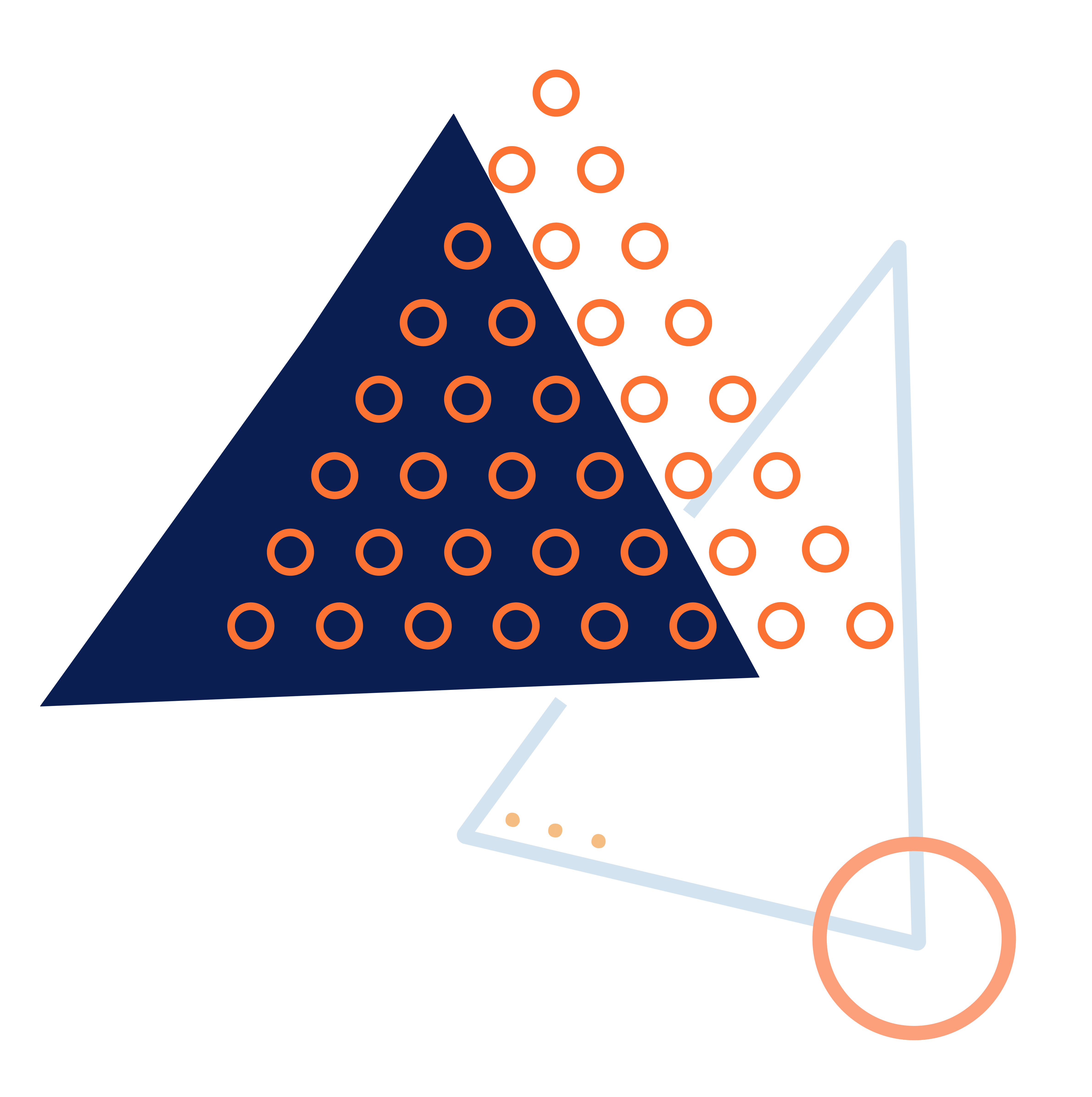

10th June 2021
Article
Pandemic Crisis: Exploring the Impact and Survival Strategies of Khawaja Sara Communities during the Covid-19 Pandemic in Pakistan
Alamgir
On February 26th, 2020, Pakistan reported its first case of Covid-19 in a student who returned from a neighbouring country. Within a few weeks of the first infection, the cases of Covid-19 spiked and reached all four provinces i.e., Punjab, Sindh, Balochistan, and Khyber Pakhtunkhwa, including the capital territory of Islamabad and the Gilgit Baltistan region. As of June 2nd, 2021, at 3:00 PM, Pakistan has reported over 924,667 confirmed cases of COVID-19 with 20,930 deaths[1]. The deadly virus has become a turmoil across the globe, impacting countries across the Global South and Global North. To prevent the instant spike of infection as necessary precautions, the Government of Pakistan imposed a lockdown in March 2020 and reaffirmed this measure in its subsequent phases during the second and third waves of Covid-19 (Kirmani, 2020).
The instant lockdown restrictions were imposed immediately, without taking the consent of people, as a necessary measure to stop the spread of Covid-19. The restrictions produced panic and a worrisome situation for people like Khawaja Sara in Pakistan. The lockdown not only disrupted the daily life routine, but also created an additional burden such as loss of earning opportunities, psychological distress and panic conditions on this vulnerable segment of society. Therefore, using an intersectional approach in this article, I unpack the implications of Covid-19 on the life of Khawaja Sara community in Pakistan and also explore their survival strategies during the pandemic. The discussion is followed with possible suggestions that would provide firsthand support to the policy makers and other local philanthropists and practitioners to develop useful legislation during the recovery, re-building, and rehabilitation stage of these vulnerable communities in Pakistan.
To inform the reader, this piece is from my ongoing PhD research project which aims to investigate the gender and sexual identity of Khawaja Sara and Hijra’s in contemporary Pakistan. Before my PhD studies, I have served in the social welfare department in Pakistan which developed a strong personal relationship with Khawaja Sara, Hijras and the representative of their allies’ organization. During the length of my service, I was engaged in baseline studies to find out the problems faced by Khawaja Sara and Hijras in health, education, and civic education (a problem in CNIC registration), further organization of advocacy forums with the police department and mobilization events with civil society organization on the rights of Khawaja Sara and Hijras. This experience has made me familiar with the topic and strengthens my connection with different stakeholders in the project area.
Who are the Khawaja Saras?
People with unique or ambiguous gender are known by different names across the globe. The terms Transgender or trans* folk are often used globally for those individuals whose gender identity; gender expression or behaviour do not conform to the typically associated sex assigned to them at birth. In South Asia umbrella terms like, Hijra and Khawaja Sara, are used for such individuals who are born biological male but express themselves in the feminine ways in society. They are often the most vulnerable, marginalized, oppressed, and isolated individuals due to inequality and discrimination (Kilbride, 2015). They face extreme familial rejection, community social pressure, and sexual and physical violence. (Saddique et al., 2017). They earn their living through begging, singing, dance, collection of charity called Badhai[2], and by offering a voluntary practice of blessings to the newborn child and the newly married bride couple in different localities of Pakistan (Tufail, 2006; Jami, 2005; Khan et al., 2012; Sharma. 2012). Earning and employment opportunities are very few in numbers therefore, members from Khawaja Sara community involve themselves in odd jobs to live their life in contemporary Pakistan. Prior to Covid-19 the Khawaja Sara community faced structural inequality and discrimination due to their gender identity. This pre-existing inequality has been exacerbated by the pandemic, in particular as the livelihoods of the Khawaja Sara have been deeply affected by the pandemic and thus, they have adopted new ways of living during the lockdown in Pakistan.
Lives of Khawaja Sara in the Covid-19 pandemic under the lens of intersectional feminist discourse
In Pakistani society, feminist discourses mainly discuss the rights and empowerment of cis women (Marwat, 2009). Initially, the feminist movements originated against the patriarchy or male dominancy who were marginalizing and oppressing the rights of womenfolk in society. In the last couple years, the women rights activists and key allied’ institutions in Pakistan have been organizing different seminars, workshops, advocacy campaigns, and Aurat[3] marches (Abbas & Hussain, 2020). The reason to organise these events is to highlight the problems faced by women or girls in society and to record their voice against the ill elements that exist towards them. Using the feminist discourse in this article is very important because participants understand themselves more like females and to get feminine outlook they use female dresses, wearing ornaments/ jewelleries and do makeups.
So far, a relatively small number of research studies has been conducted worldwide, to analyse the impact of Covid-19 on the transgender people and specifically on the Khawaja Sara/Hijra communities in South Asian countries like India, Pakistan, and Bangladesh. These studies have focused on the mental health, sexual health, psychological distress, and on the working conditions of transgender communities (Bhalla et al, 2021; Goel, 2020; Kidd et al, 202; Sifat, 2020).
Pakistan is among the countries where the communities of Khawaja Sara have badly suffered during the pandemic and are further marginalised. The Covid-19 pandemic has increased risks such as hunger, poverty, mental health problems, and homelessness for them. This is because the Khawaja Sara are predominantly relying on daily begging on roads, singing, participation in the dancing or night parties and sex work for their earnings. With no specific support from family members and any other state institutions, the effects of Covid-19 on these communities are much higher than any other minority groups in Pakistan. Due to the strict Covid-19 Standard Operating Procedures (SOPs), members of Khawaja Sara community could neither travel to other areas, nor perform or participate in dance parties to earn their living. Additionally, people in the wider communities have also stopped inviting them to their programmes as the Government imposed a ban on public gatherings. The situation was particularly challenging for the Khawaja Sara community because many of them live an isolated life and they have no contact with their immediate family members. Often Khawaja Sara communities live in houses together called Dera. The Dera are slummy, overcrowded, and rented houses in cities where the Khawaja Sara meet with their clients who most often come to meet them. As the Khawaja Sara community relies on dancing and music parties or people visiting them for sex for their income, they were incredibly vulnerable to Covid-19. Therefore, due to fear of potential infection and travel restrictions, the majority of the Khawaja Sara individuals have been locked inside in their Deras and ultimately, lost their immediate sources of earning.
During the pandemic lockdown many of the Khawaja Saras have faced rent burdens and also received eviction notices from their landlords or house owners on the non-payment of their monthly rents. With no money, they were also unable to buy groceries and access to health care services. The Federal Government of Pakistan started a safety net scheme to support the vulnerable and poor masses in the country. However, the majority of Khawaja Sara individuals were outside of the coverage of this safety scheme (Ehsas Cash Grant Scheme[4]) as they have no computer identity cards and any other necessary documentation. In terms of health facilities, there are no separate quarantine facilities, separate testing facilities, and vaccination facilities provided to Khawaja Sara across the country.
The above discussion concludes that community of Khawaja Sara have faced the brunt of structural discrimination, familial rejections, experiences different form of violence and oppression from other cisgender individuals in the wider communities. Although, laws and other legislation were passed for their protection and empowerment, they did not provide any relief and assistance so far to the Khawaja Sara community. As the impact of Covid-19 is newly intervened issue, therefore, no such protectory sections are endorsed for Khawaja Sara individuals. Along with all these issues Covid-19 has increased and exacerbated inequalities and made the lives of the Khawaja Sara community more stressful in terms of social, psychosociological, economic and societal hindrances.
Suggestions
In line to the above discussion that shows the impact of Covid-19 on the livelihoods of the Khawaja Sara community in Pakistan, I suggest the following points that would contribute to decreasing and overcoming the magnitude of Covid-19 repercussions on them,
- The Government of Pakistan should revisit the Transgender Person (Protection of Rights) Act 2018 to address the challenges to Khawaja Sara and Hijra in pandemic and post-pandemic situation.
- Both the Governmental and Non-Governmental[5]state institutions should devise a recovery plan in the post pandemic phase, taking into account the vulnerable condition of Khawaja Sara community in Pakistan.
- Civil society institutions working in Pakistan with these communities should immediately collect firsthand information via field surveys, baseline studies, and propose projects to their funding agencies in line with the information they collect for the rehabilitation and empowerment of the Khawaja Sara community. These projects should be focused and not limited to the disbursement of free cash grants, psychosocial support and well-being, and a free vaccination drive.
- The responsible government departments should design different projects that could ultimately develop safe homes in different cities for Khawaja Sara people, where they can live with ease and security.
End Notes
[1] Visit NCOC website https://covid.gov.pk/stats/pakistan
[2]A traditional earning practice amongst the Khawaja Sara communities
[3]Aurat is an Urdu term used for Women. Aurat March is an annual activity which advocates for the rights of women in Pakistan.
[4]For detail, please visit https://www.pass.gov.pk/Detail845ae76f-4161-4d46-8452-ab8805d1f953
[5]Those who work with vulnerable communities with the support of foreign agencies, or they develop their own funds through charities
Alamgir
The writer is a PhD Scholar in RMIT University Melbourne with a research interest in the field of Gender, Sexuality, and Education. He has also served as an officer in the Social Welfare Department Khyber Pukhtunkhawa and has a prolific experience of working in the Development sector, research, and academia. He can be reached at alamgirsocio7@gmail.com.
Follow Alamgir on Twitter: @Alamgir57589217
References
Bhalla, R., & Agarwal, S. (2021). Life in a pandemic: intersectional approach exploring experiences of LGBTQ during COVID-19. International Journal of Spa and Wellness, 1-16.
Goel, Ina (2020) Impact of Covid-19 on hijras, a third-gender community in India. Society for Cultural Anthropology
Jami, H., & Kamal, A. (2015). Measuring attitudes toward hijras in Pakistan: Gender and religiosity in perspective. Pakistan Journal of Psychological Research, 30
Kidd, J. D., Jackman, K. B., Barucco, R., Dworkin, J. D., Dolezal, C., Navalta, T. V., ... & Bockting, W. O. (2021). Understanding the impact of the COVID-19 pandemic on the mental health of transgender and gender nonbinary individuals engaged in a longitudinal cohort study. Journal of Homosexuality, 68(4), 592-611.
Kilbride, E. (2015, Jan 7). The Forgotten: Pakistan’s Transgender Population, and the Islamic State, E-International Relations. Retrieved from https://www.eir.info.com.pk on September 2018.
Saddique, K., Gang, C., Mirbahar, S., et al. (2017), Transgender issues in Pakistani Community, European Academic Research Vol.IV
Sifat, R. I. (2020). The effect of COVID-19 on hijra (third gender) people in Bangladesh. The Lancet Psychiatry, 7(12), 1015-1016.
Sharma, P. (2012). Historical background and legal status of third gender in Indian society. International Journal of Research in Economics & Social Sciences, 2(12), 64-71.





